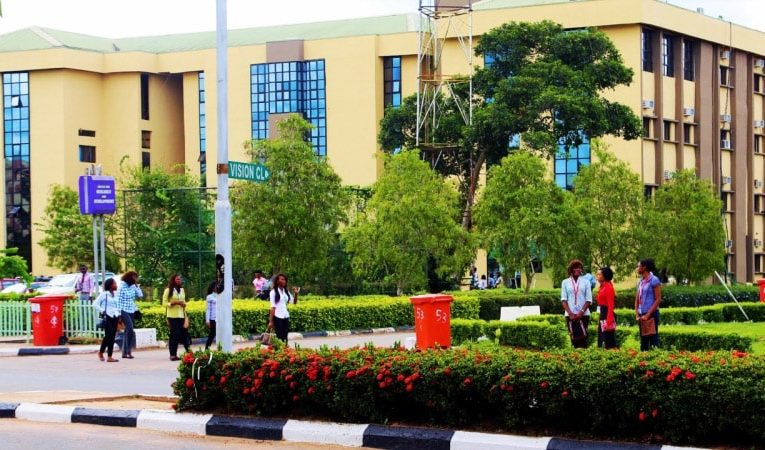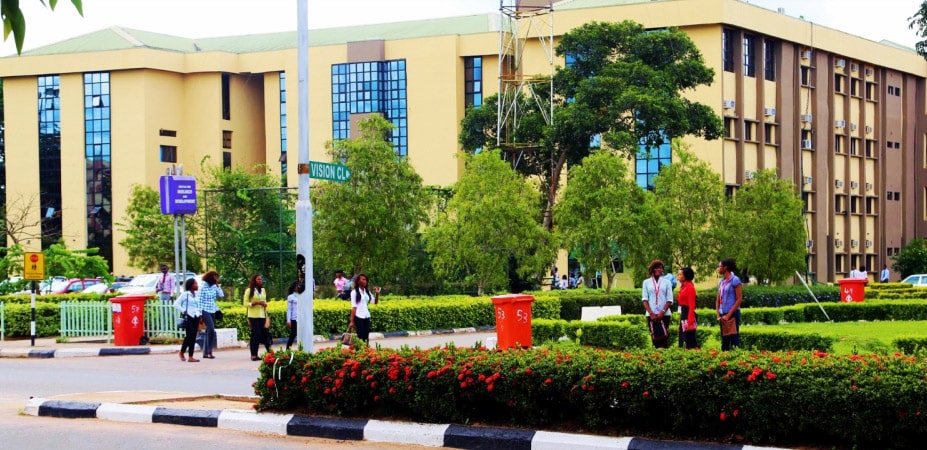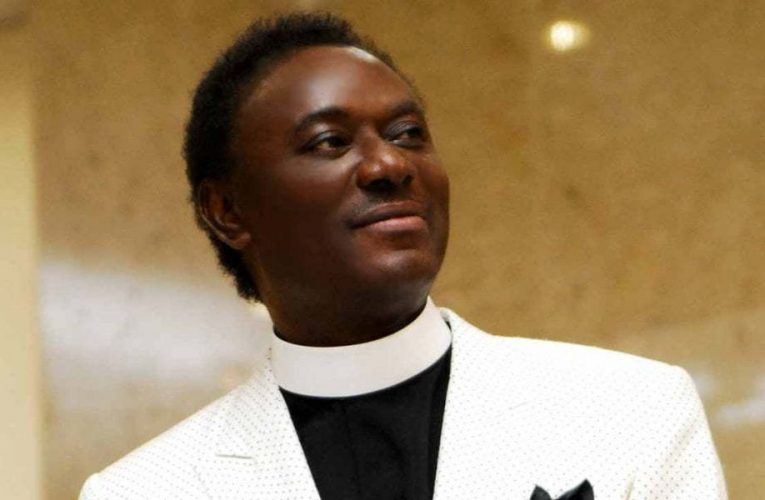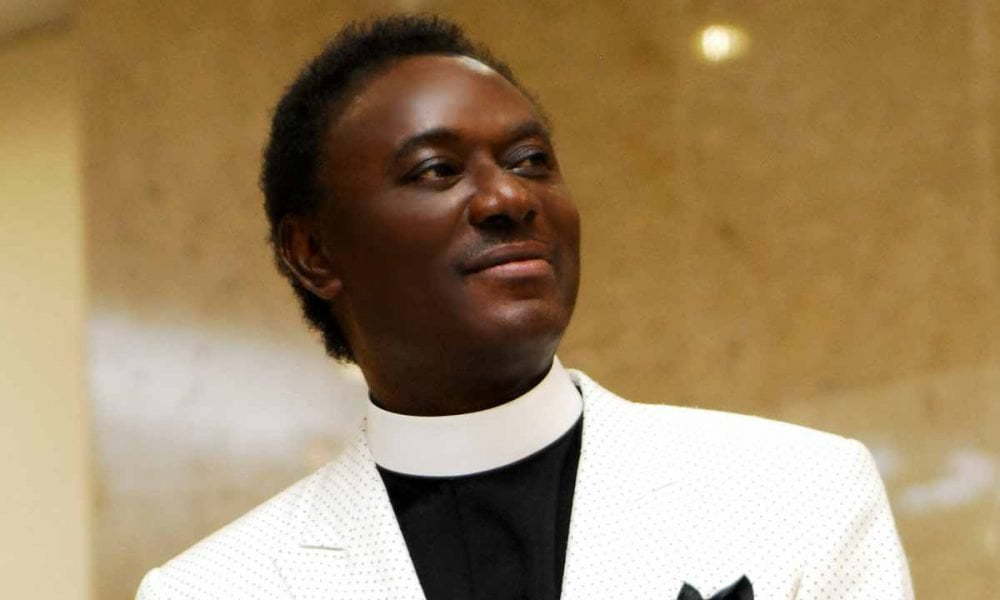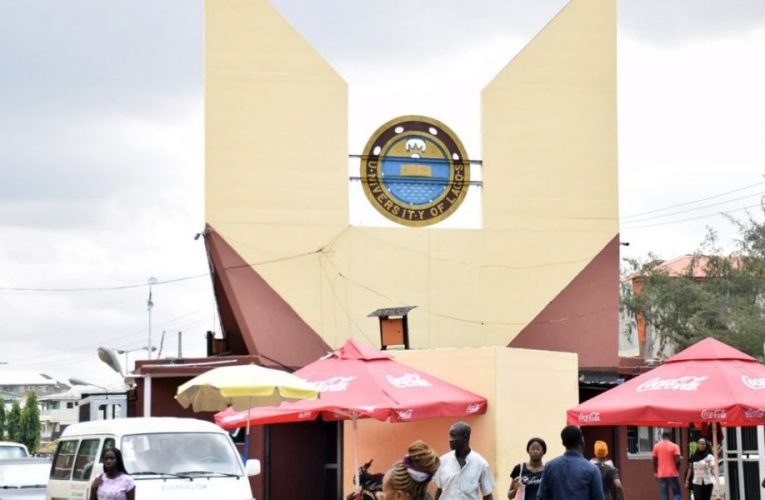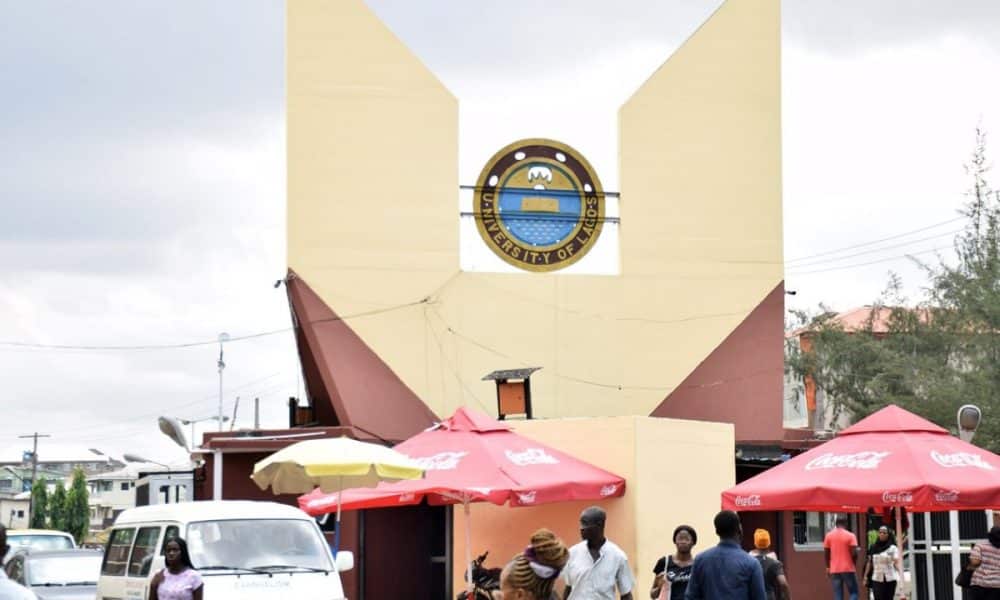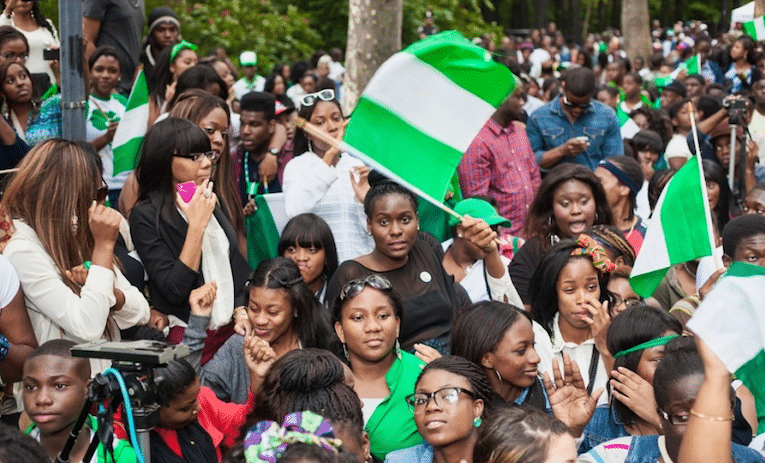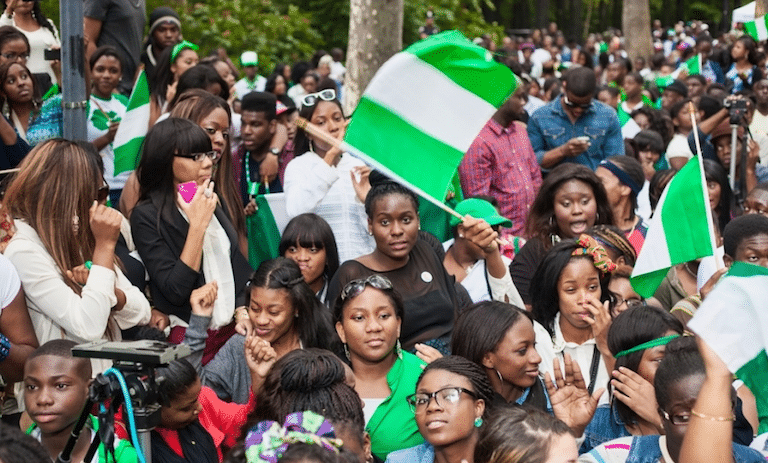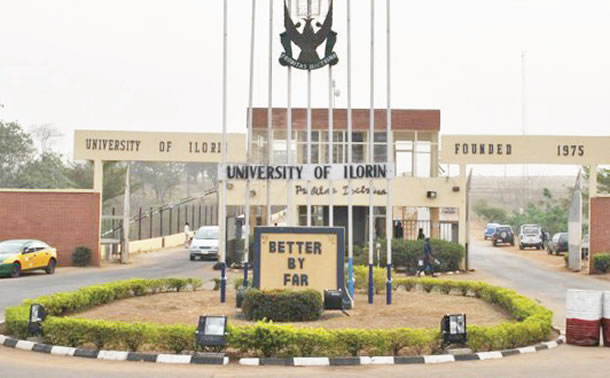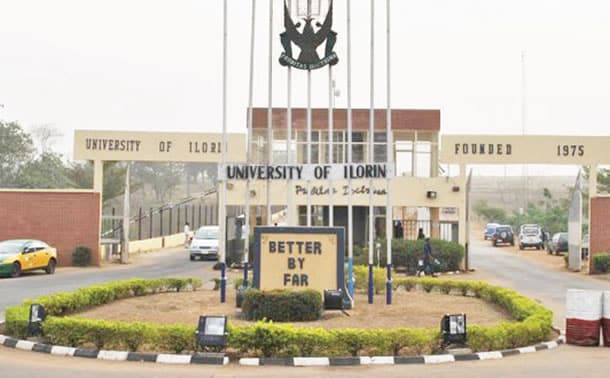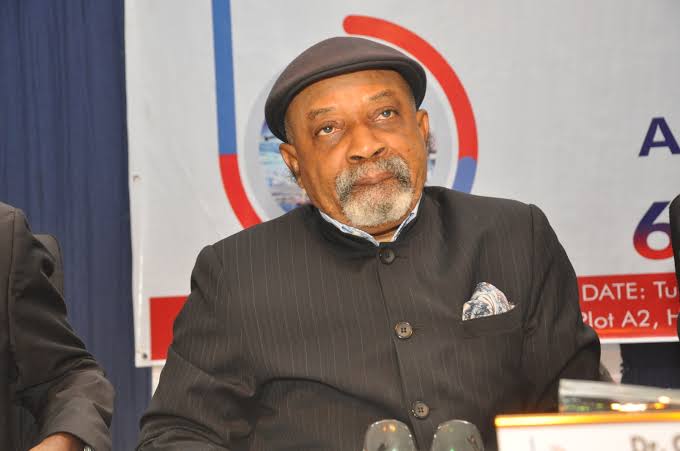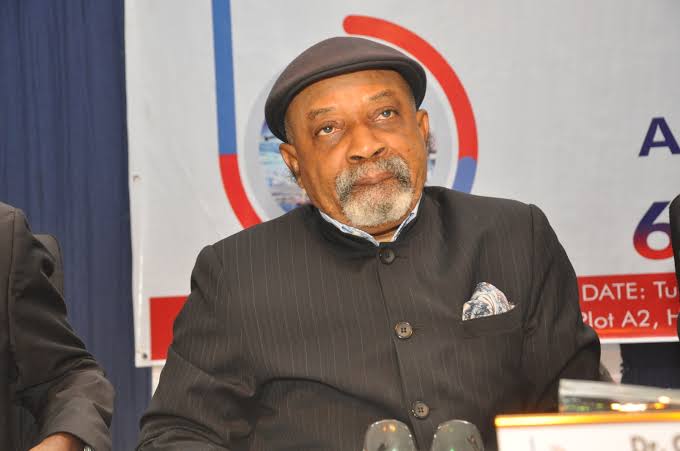
Data from the Central Bank of Nigeria( CBN), has revealed that Nigerians spent more than $609.5 million on foreign academic institutions in eight months.
The Apex bank said that this amount was spent without any significant reciprocity in form of inflows from foreign sources to the local educational sector.
Naija News understands that this development has followed the grounded activities in Nigerian universities due to the strike by the Academic Staff Union of Universities (ASUU) since February this year.
Tertiary education in the country has over the years been marred by a series of industrial actions by various academic unions owing to welfare issues.
Naija News gathered that the figure is contained in the data obtained from the CBN, calculated based on the information provided on the amount spent on educational services under the sectoral utilisation for transactions valid for foreign exchange.
Giving a month-by-month breakdown of this amount, the CBN said In January 2022, a total of $60,202,730.84 was spent on foreign education, while noting that $69.9m was spent in February 2022.
The Apex bank furthered that in March 2022, there was a significant increase as the bank stated that $87.26 million was spent, and in April, there was a little reduction as a total of $78.62 million was recorded by the apex bank.
The bank said the figure for May 2022 stood at $82.70 million, and in June 2022, the apex bank released $84.90 million, while a total of $61.99 million was released in July 2022.
In the month of August 2022, a slight increase was recorded with a total of $84.01 million released.
Naija News reports that these figures are on the rise because Nigerians won’t stop trooping out in pursuit of foreign academic qualifications.
The United Nations Educational Scientific and Cultural Organisation(UNESCO) noted that about 76,338 Nigerians were studying abroad as of 2018, making it the highest from an African country.
Also very recently, data obtained from the home office of the United Kingdom(UK) shows that the number of study visas released to Nigerians increased by 222.8 %, with 65,929 issued as of June 2022, as against 20,427 in the same period in 2021.
Speaking to the issues, Programme Director of Reform Education Nigeria, Ayodamola Oluwatoyin, explained that most of the policies by the government itself are anti-youth and that the government has made the economy difficult for youths to thrive, adding that people are still going to leave before the end of the year.
Oluwatosin who described the situation as a brain drain said the country hasn’t realised, and it is very bad.
“The truth is that most people see ‘japa’ as a means of survival. People just want to leave the country and that is fine. The ASUU strike is close to eight months now, ” he added.
However, the dollar hit N735 in the parallel market last week as political campaign activities began in the country.
Naija News learnt that Bureau De Change operators in Lagos and Abuja, said dollar price had increased from N718 – N720 to N728-N735 in the last week.
Analysts said the naira had weakened in the parallel market due to increased speculations, falling external reserves, and low foreign exchange inflows.
Speaking on major factors responsible for the rate hikes in the dollar to naira, the Vice President of Lagos Chamber of Commerce and Industry (LCCI), Gabriel Idahosa, was reported to have said that the immediate cause of dollar rate increment was the new Monetary Policy Rate of the CBN.
The immediate cause of the dollar price hike he said is the increase in the Monetary Policy Rate from 13 per cent to 15.5 per cent announced by the Central Bank.
According to Idahosa, the commencement of elections also meant that a lot of funds had started pouring into campaign-related activities and that beneficiaries of these spending will be converting naira funds received to dollars as fast as possible.
This article was originally published on Naija News
